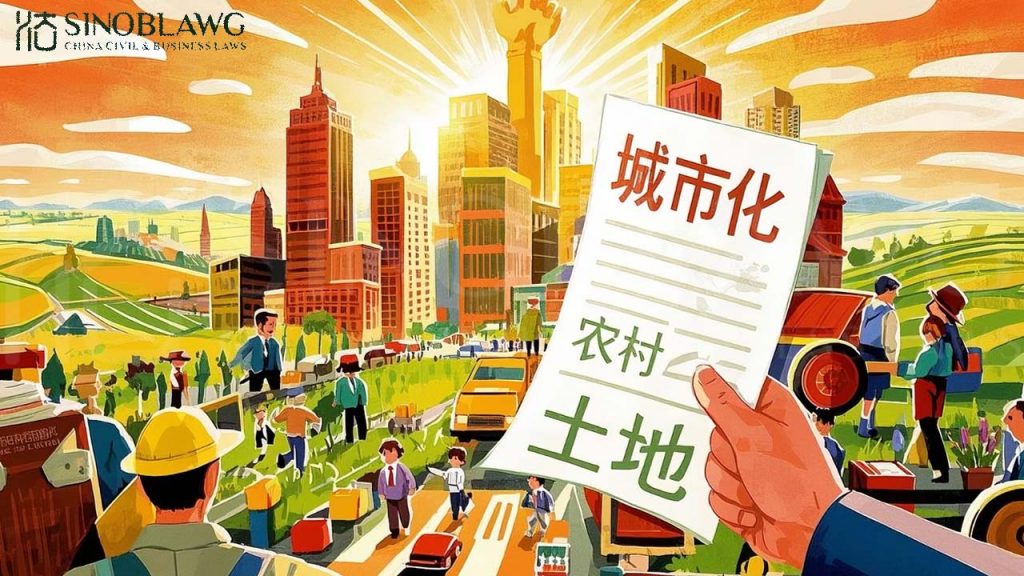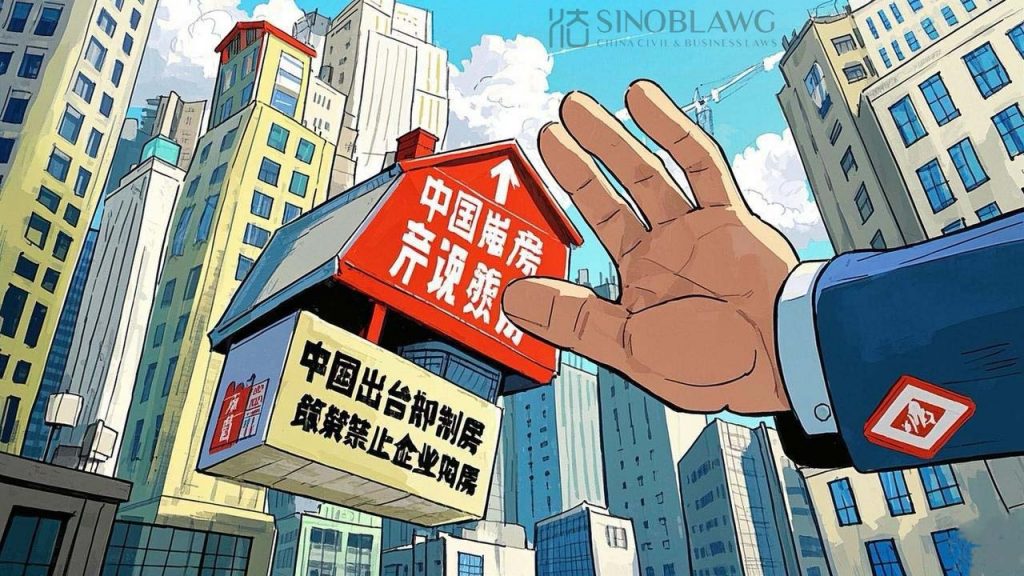During the two days from August 31 to September 1, the Summit Forum for China Urbanization was held in Xiamen, eastern coastal city in Fujian province, China. The summit was in part sponsored by Dacheng Law Offices. As a lawyer at the law firm, I attended the summit forum, and also submitted a paper analyzing some legal issues related to transfer and conveyance of rural land.
Overall, the summit meeting is focused on rural lands in China, a critical and fundamental element for China’s new efforts to boost urbanization because without expansion of land there won’t be further urbanization in China. Speakers from central government think-tank, social experts, officials at Ministry of Land and legal professionals talked about various aspects of the contemplated urbanization in China. More or less, all the talk will have to touch on issues regarding rural lands. Below is my personal summary of the summit forum that intrigued me most.
1. Problems surrounding rural lands have culminated to a point where fundamental reforms must be undertaken to relieve the severity and magnitude and to redress the imbalance of interests of different groups, governments, developers and farmers. The widespread of clashes between farmers and local governments and developers have undermined social harmony and stability substantially and may well serve as flash point leading to massive social unrest and turmoil which is definitely not wanted by China.
2. Current practice and systems of expropriation of rural land shall be revisited and revamped to protect the interests of rural collectives and farmers. The current compensation for expropriation of rural land is unjustly and ridiculously low which gives rise to robust and vehement opposition by farmers that often bursts into clashes. The current compensation for farmers is mainly based on calculation of value of land agricultural production without regard to the fact that once taken, the land will be used for industrial or commercial development. This has been likened as a legal robbery by governments of farmers in China.
3. It is important to revamp the way of financing of local governments, setting them apart from heavy reliance of land sale. It has been well noted by many that Chinese local governments are thriving on sale proceeds of lands that are most expropriated from rural farmer collectives, for the last decade. Local governments are now accustomed to lavish spending on grand projects that are often designed to boost their faces. With the contracting of China economy and a threatened burst of real estate bubble, many started getting worried about the loss of control of financial problems with local governments. Experts at the forum offered advice that the government shall decrease the transaction taxes levied in the course of transfer of real estate (property and land use right) and in the meantime to increase the holding taxes on owners of properties. This will help to deflate the real estate bubble in China and help to keep the economy afloat.
4. Call for lifting of restriction on the direct entry of rural land into real estate market. As an option of solving the problems surrounding rural lands and rural society, many at the forum esp legal practitioners call for deregulation on the control and restriction of direct transfer of rural land without expropriation and conversion into state-owned land in the first place. In fact, though still prohibited by China Law on Administration of Land, many provincial governments in China have spearheaded reforms in this section by allowing rural land to be directly transferred to industrial investors for purpose of building factories and manufacturing facilities.
As many local governments have done, rural land can now be granted to industrial investors for certain number of years in the way similar with the state-owned land. However, all of those local governments prohibit the use of rural land for commercial development. For example, rural land cannot be granted to developers to be developed into residential or commercial properties.
———————-
While everybody seems to be able to perceive and discern the problems in regard of rural land, there is no consensus on how the problems should be worked out and solved.
My personal thinking on rural land however has also gone nowhere. Without abolishing China’s most silly and ridiculous collective ownership of rural land, there is simply no effective way out of the current dilemma and plight. China will not be able to develop a sound and mature market economy based on this absurd collective ownership, since all economic theories so far have found out that without clear ownership of assets, there cannot be effective market economy.








Comments